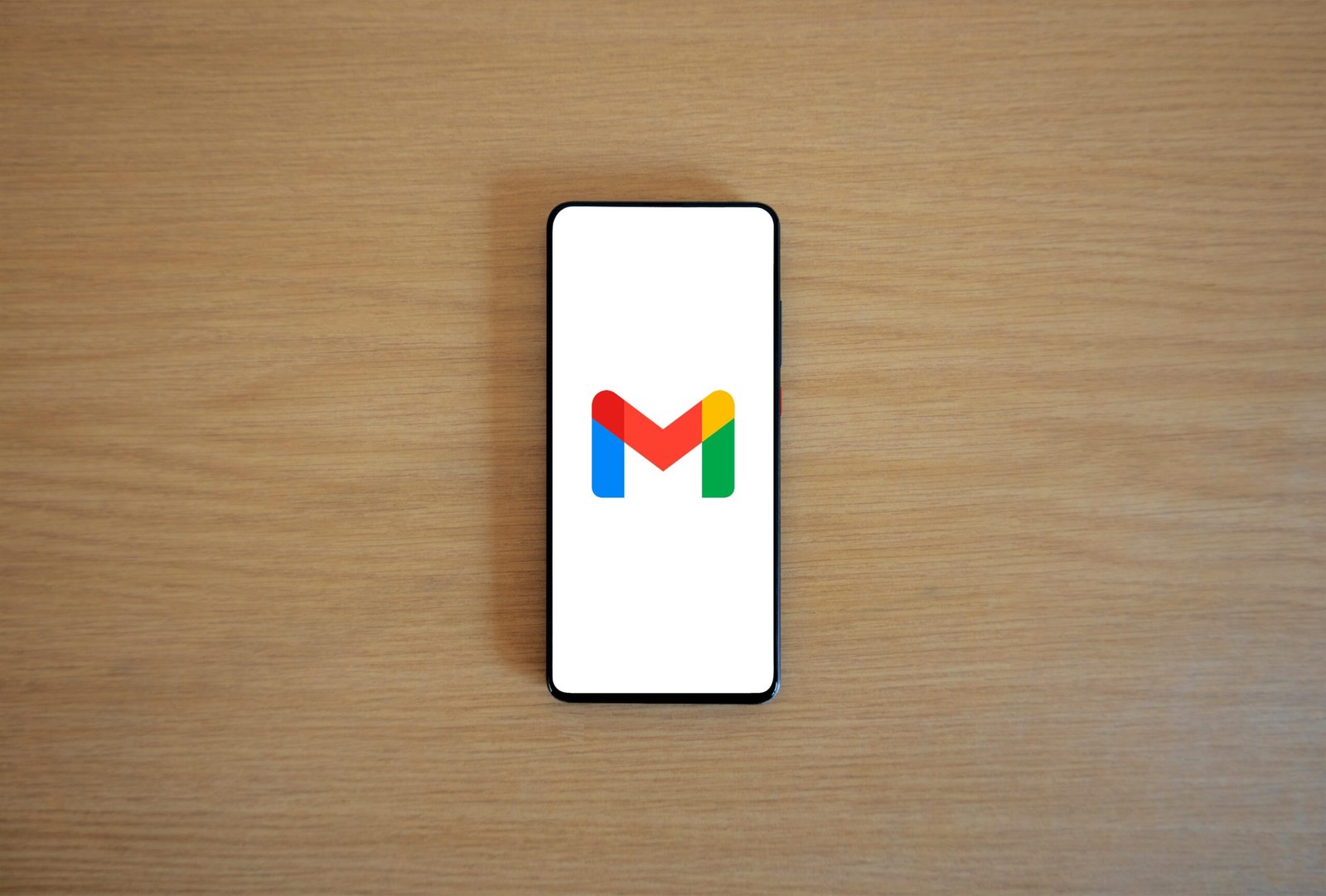In a concerning development, Gmail’s 2.5 billion users are being targeted by highly sophisticated phishing attacks leveraging artificial intelligence (AI). These AI-driven scams employ advanced techniques to deceive users into revealing their account credentials.
The Anatomy of the AI-Powered Phishing Attack
The attack begins with users receiving a phone call that appears to originate from Google’s support team, complete with a spoofed caller ID displaying Google’s information. The caller, utilizing AI-generated voices, convincingly poses as a Google support technician, informing the user of suspicious activity on their account. To further legitimize the claim, the caller sends an email from what seems to be a genuine Google domain, reinforcing the narrative of a compromised account. The user is then prompted to provide a verification code or follow a link to secure their account, which, in reality, grants the attackers access to their credentials.
Real-World Incidents Highlighting the Threat
Zach Latta, founder of Hack Club, recounted his experience with such an attack. He received a call from someone claiming to be a Google support engineer, complete with an American accent and clear connection, informing him of a security breach on his account. The caller sent a follow-up email from a legitimate-looking Google address, making the deception even more convincing. Fortunately, Latta recognized the signs of a phishing attempt and avoided falling victim.
Similarly, Garry Tan, founder of venture capital firm Y Combinator, reported receiving convincing phishing emails and phone calls. The attackers claimed to be verifying his identity to disregard a fraudulent death certificate allegedly filed to recover his account. Tan described the ploy as “a pretty elaborate ploy to get you to allow password recovery.”
Google’s Response and Enhanced Security Measures
In response to these evolving threats, Google has taken steps to bolster user security. The company has suspended the accounts associated with these scams and is enhancing defenses against abusers leveraging Google references at sign-up. A Google spokesperson stated, “We have not seen evidence that this is a wide-scale tactic, but we are hardening our defenses against abusers leveraging g.co references at sign-up to further protect users.”
Additionally, Google offers the Advanced Protection Program (APP), designed to safeguard users at heightened risk of targeted attacks, such as journalists, activists, and political figures. APP requires the use of a passkey or hardware security key for identity verification during sign-in, ensuring that unauthorized users cannot access the account even if they possess the username and password. Google states, “Unauthorized users won’t be able to sign in without them, even if they know your username and password.”
Protective Measures for Users
To defend against these sophisticated AI-driven phishing attacks, users are advised to:
- Be Skeptical of Unsolicited Communications: Exercise caution with unexpected emails or phone calls claiming to be from Google support. Google typically does not initiate unsolicited support calls.
- Verify Sender Authenticity: Scrutinize the sender’s email address for inconsistencies or suspicious domains.
- Avoid Sharing Sensitive Information: Refrain from providing personal details or verification codes in response to unsolicited communications.
- Enable Advanced Protection: Enroll in Google’s Advanced Protection Program to add an extra layer of security to your account.
- Regularly Monitor Account Activity: Frequently review your account’s recent activity for any unauthorized access or changes.
As cyber threats become increasingly sophisticated with the integration of AI, maintaining vigilance and implementing robust security measures are essential to protect personal information and account integrity.





